It’s Scriabin, dated 1948.
Thanks to Mikhail Kaykov.

It’s Scriabin, dated 1948.
Thanks to Mikhail Kaykov.

The Met Opera’s concertmaster David Chan has been extended as music director of the Montclair Orchestra for 7 more years.
David has lately been guest-conducting in Liège (Belgium), the Malta Philharmonic, l’Orchestre Dijon Bourgogne in France, and the Grant Park and Classical Tahoe summer festivals. He’s also Music Director of Camerata Notturna, a New York City chamber orchestra.
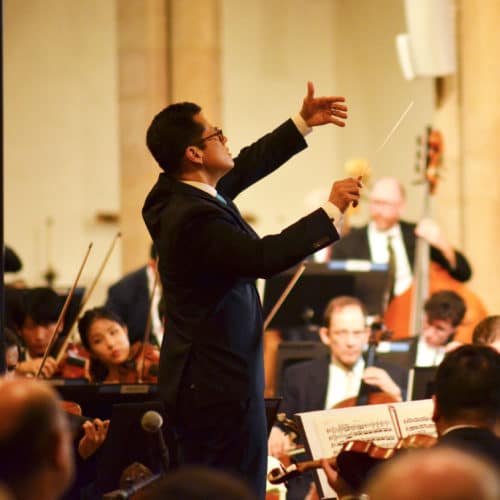
We hear that Hrachuhi Bassénz has cancelled tonight as Violetta and Simon Keenlyside as Germont at the ROH Traviata.
The scrambled relacements are Dinara Alieva and George Gagnidze, the latter making his ROH debut.
What a way to start the year.
Toi jolly toi.
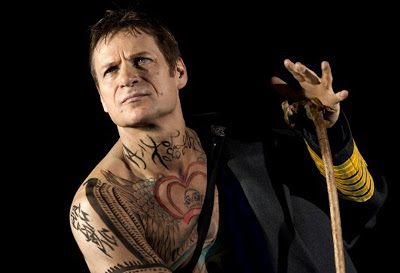
Torn by civil strife and cultural decline, Chile has at last found a music director for the municipal theatre of Santiago.
He is Roberto Rizzi Brignoli, a former Muti assistant at La Scala.
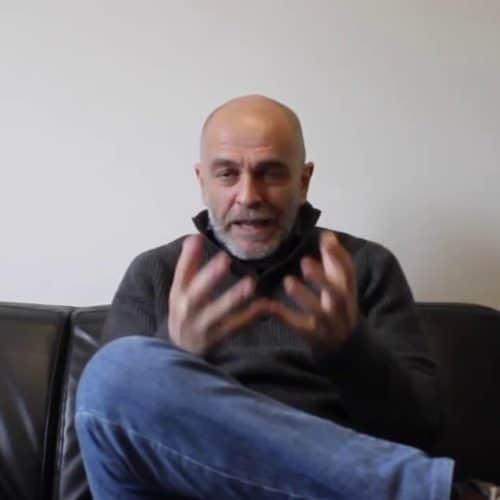
He starts work today.
The composer Blas Emilio Atehortúa died yesterday aged 76.
A student of Ginastera and the Estonian Olav Roots, he was also the conductor of the country’s main symphony orchestras.
He published some concertos and other works, but found little interest abroad.
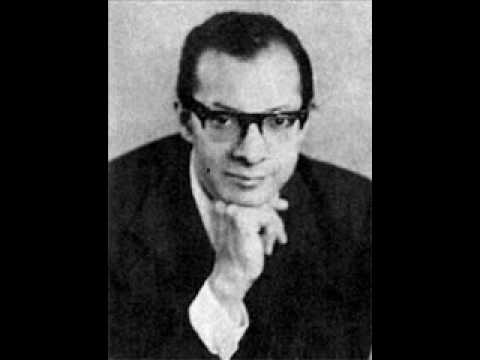
The Gstaad Menuhin Festival in Switzerland has turned down private donations from Theresa Sackler, whose family is connected to the opioid manufacturer, Purdue.
The amount declined is just 25,000 Swiss francs (US23,000) on a tital budget of $7m.
We guess they’ll somehow about manage without it.
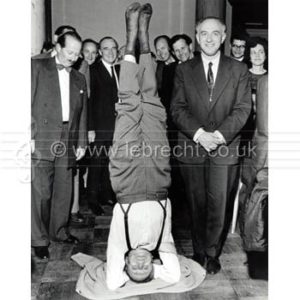
More than 500 pianists have applied to be considered for the Chopin Competition in Warsaw this October.
About 190 are from Japan, China, Taiwan and Hong Kong. Some 35 are from South Korea. That’s almost half the entrants from one distinct geographic region.
The competition is overwhelmed by this record influx and will struggle to make fair choices in selecting 80 for the final round.
The judges will include Dang Thai Son (Vietnam/Canada), Sa Chen (China) and Akiko Ebi (Japan/France).
The last Chopin Competition in 2015 was won by Seong-Jin Cho of South Korea in a fair and transparent contest. The coompetition was one of the first to publish all judges’ marks.
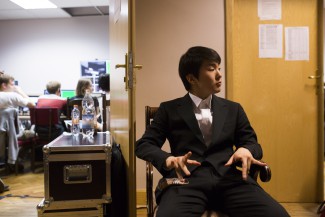
Welcome to the third work in the Slipped Disc/Idagio Beethoven Edition
3 Christ on the Mount of Olives, opus 85
If there is a slightly unfinished feel to this little-heard oratorio, it could be because Beethoven knocked it off in just two weeks to fit into an April 1803 concert at the Theater an der Wien in which he also performed the first two symphonies and the third piano concerto. The oratorio was not well received and took ten years to find a publisher.
It contains nonetheless valuable pre-echoes of the ninth symphony, an orchestral introduction of arresting beauty and a tenor part (for Jesus) that, while sometimes stentorian, grips the ear like a news bulletin in wartime. The next biggest part is a Seraph for soprano.
Jan Peerce and Maria Stader are unassailable on Hermann Scherchen’s 1955 Vienna recording
Placido Domingo with Kent Nagano is a matter of taste.
Nikolaus Harnoncourt delivers a truly devotional performance with an authentic asperity; Herbert Lippert and Laura Aikin are the soloists.
There are also decent performances from Bernhard Klee with the Berlin Philharmonic and Helmut Rilling in Stuttgart.
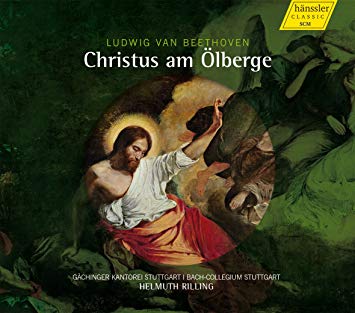
The most rounded performance, for me, is conducted by the Finnish eccentric Leif Segerstam, composer of 335 symphonies and some awkward public utterances, but a magnificent interpreter of large and unwieldy extravagances such as this. The Turku Philharmonic play with considerable delicacy and the soloists – Myllys and Haapamäki – are deftly restrained. Best I’ve ever heard.